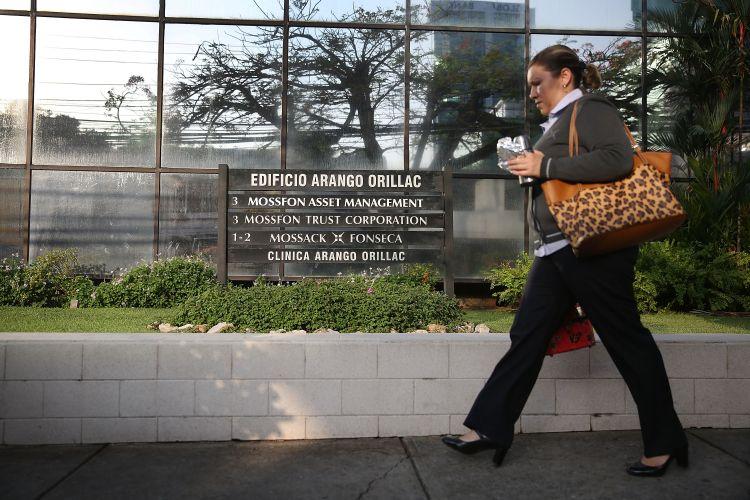UK Government must use 'full weight of its influence' to stamp out overseas corruption, say MPs
New report claims Britain needs to get 'its own house in order' in the fight against corruption

Your support helps us to tell the story
From reproductive rights to climate change to Big Tech, The Independent is on the ground when the story is developing. Whether it's investigating the financials of Elon Musk's pro-Trump PAC or producing our latest documentary, 'The A Word', which shines a light on the American women fighting for reproductive rights, we know how important it is to parse out the facts from the messaging.
At such a critical moment in US history, we need reporters on the ground. Your donation allows us to keep sending journalists to speak to both sides of the story.
The Independent is trusted by Americans across the entire political spectrum. And unlike many other quality news outlets, we choose not to lock Americans out of our reporting and analysis with paywalls. We believe quality journalism should be available to everyone, paid for by those who can afford it.
Your support makes all the difference.The Government must use “the full weight of its influence” in order to stamp out corruption, money laundering and tax evasion which is having a disproportionate impact on the world's poorest countries, MPs have concluded.
In a report, by the International Development committee (IDC), it is also claimed that there is much more Britain could do to get “its own house in order” as some individuals and businesses based in the UK have long played a role in facilitating global corruption.
The group of MPs, led by Labour MP Stephen Twigg, highlighted official figures estimating that between £23 and £57 billion was being laundered through the UK each year while it pointed to the role of British overseas territories in facilitating global tax avoidance and evasion.
Around half the companies featured in the leaked "Panama Papers" of law firm Mossack Fonseca - some 113,000 in all - were registered in the British Virgin Islands, while the UK was second only to Hong Kong for the number of facilitators of tax evasion and avoidance it hosted.
In particular, the report urged the Government to use the "full weight of its influence" to persuade the Overseas Territories and Crown Dependencies to publish registers of "beneficial ownership" so they could no longer be used by companies to shield their profits from the tax authorities.
"It is clear from the evidence we received that companies and individuals in the UK, Crown Dependencies and Overseas Territories play a major role in facilitating global corruption," the committee said. "Lack of transparency in the Overseas Territories and Crown Dependencies will significantly hinder efforts to curb global corruption and continue to damage the UK's reputation as a leader on anti-corruption.
"It is disappointing that the Government has missed an opportunity to build on the momentum of the anti-corruption summit."
The committee chair Mr Twigg added: “The IDC has previously called on the UK Government to get its own house in order. This remains the case…Government must continue to lobby for the same level of transparency and accountability to be applied in the UK’s Overseas Territories and Crown Dependencies, for example by the creation of public registers of beneficial ownership.
“The Government’s commitment to the creation of a cross–government Anti-Corruption Strategy and the establishment of the Joint Anti-Corruption Unit, based in the Cabinet office earlier this year is to be welcomed. To have real impact overseas, this progress must be complemented through its work in developing countries. Dfid must publish its anti-corruption country strategies, long overdue internal reviews and country plans as a matter of urgency.
“Huge amounts of money are lost every year through illegal tax evasion, money laundering and bribery. The people most at risk from this scourge are the world’s poorest, who lose out on education, healthcare and infrastructure; not to mention the impact of petty corruption on their daily lives. It is vital that the UK’s established commitment to anti-corruption measures places their needs first and foremost.”
A spokesperson for Dfid added: “The UK is a global leader in the fight against corruption, and this report rightly recognises the Government’s summit in May as a significant moment in international efforts to tackle corruption.
“Helping the world’s poorest stand on their own two feet by tackling poverty overseas while stopping organised crime, money laundering and tax evasion is firmly in the UK’s interests. The UK is fully committed to delivering on the promises made at the Anti-Corruption Summit.”
Join our commenting forum
Join thought-provoking conversations, follow other Independent readers and see their replies
Comments